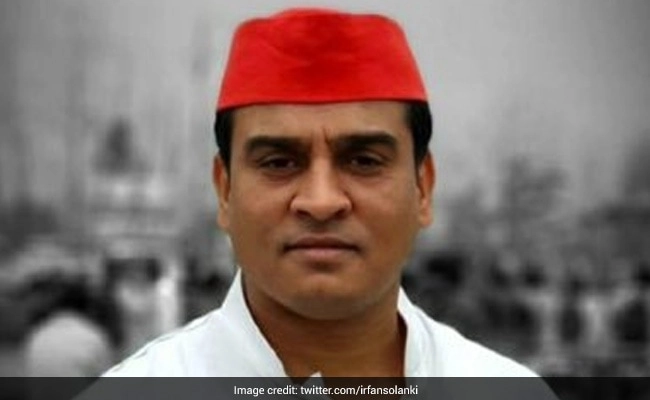In a shocking turn of events, Delhi has witnessed a spate of violence with three murders occurring within just 24 hours, prompting serious concerns regarding the law and order situation in the capital. The incidents have not only raised alarm among residents but have also drawn sharp criticism from opposition parties, who are questioning the effectiveness of the government’s measures to ensure public safety. The rapid succession of these violent crimes has ignited a debate about the rising crime rates in urban areas, particularly in the densely populated capital where the expectations for security are high.
As details of the murders emerged, it became clear that they were not isolated incidents but rather indicative of a deeper issue within the city’s safety infrastructure. Each case has its own unique circumstances, but collectively, they paint a troubling picture of a city grappling with crime. Opposition leaders have seized upon these events to highlight what they perceive as failures in governance, citing a lack of adequate policing and preventive measures. This has led to calls for immediate action from the authorities to restore public confidence in the safety of their environment.
In the wake of these incidents, community leaders and citizens alike are increasingly vocal about their fears and frustrations. Many are calling for a reassessment of law enforcement strategies, urging the government to prioritize the safety of its citizens over political agendas. The situation has sparked discussions around the need for more robust crime prevention programs, better training for law enforcement officers, and increased community engagement in safety initiatives. As the investigation into the murders unfolds, the focus remains on how the government will respond to these challenges and whether they will take actionable steps to address the growing concerns surrounding public safety in Delhi.




